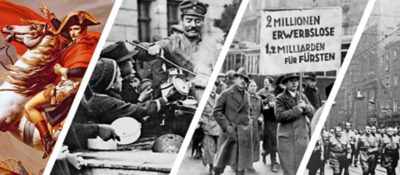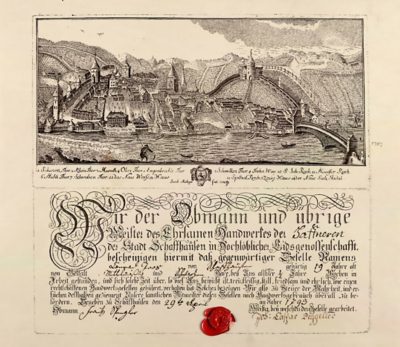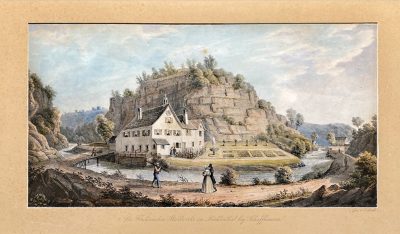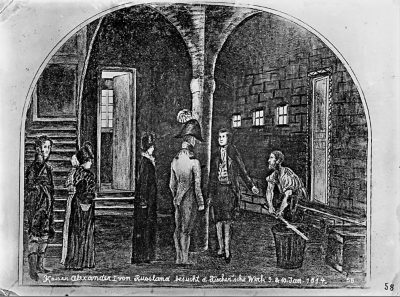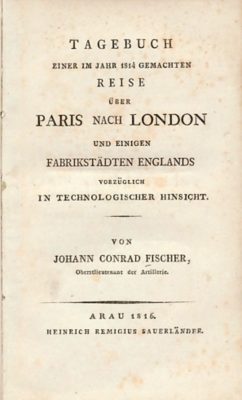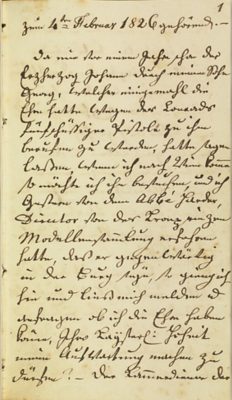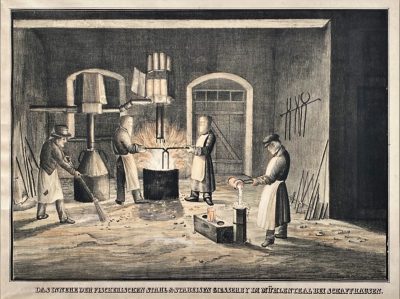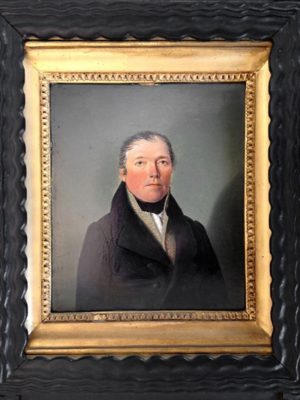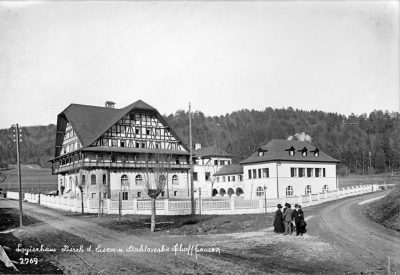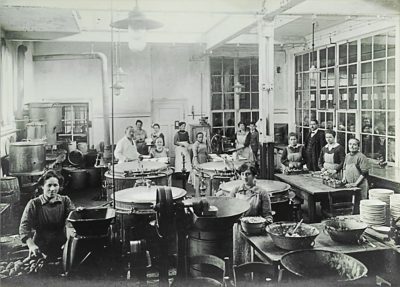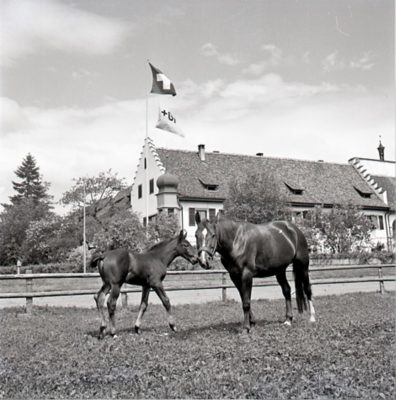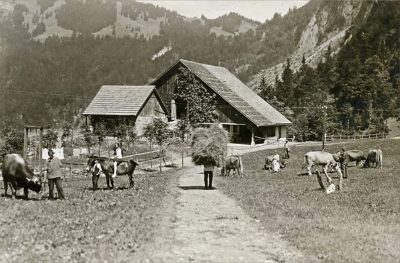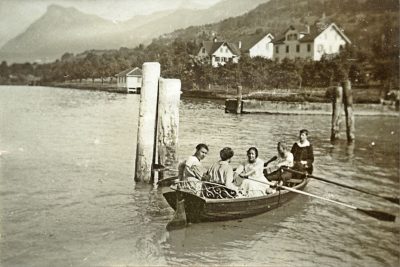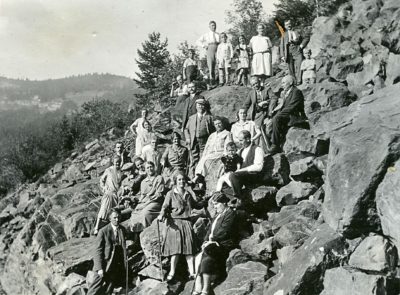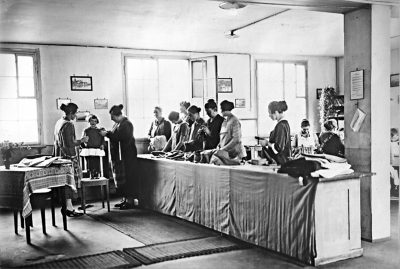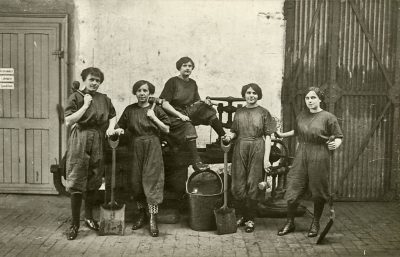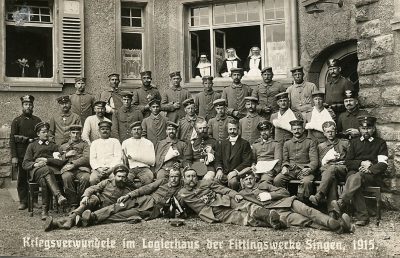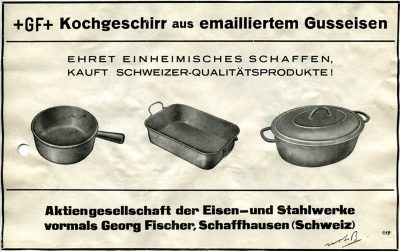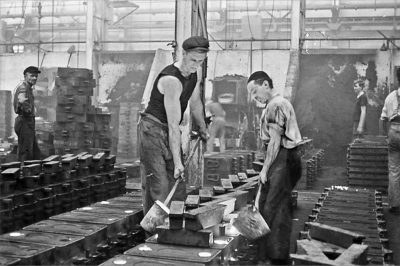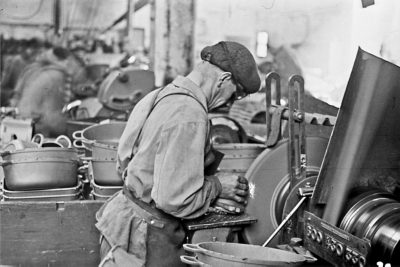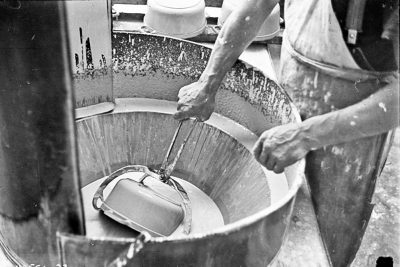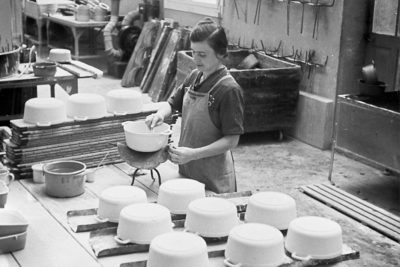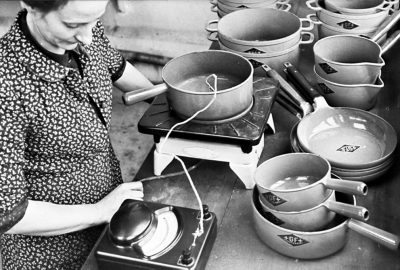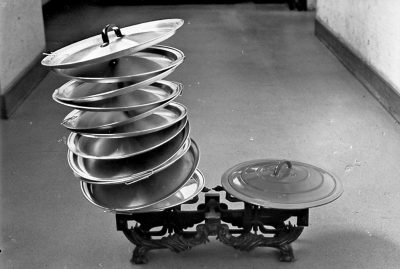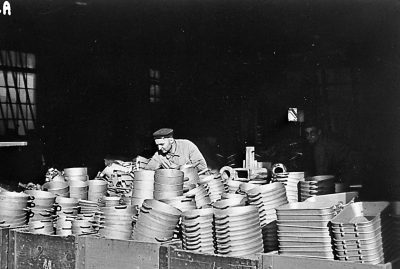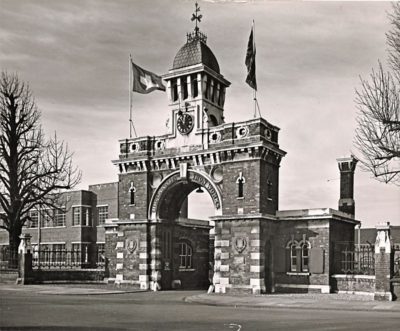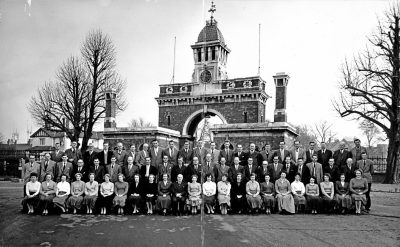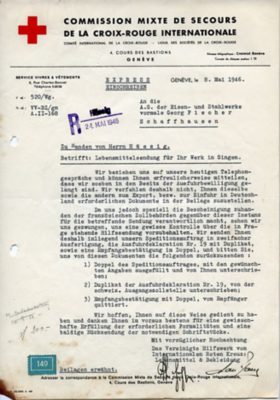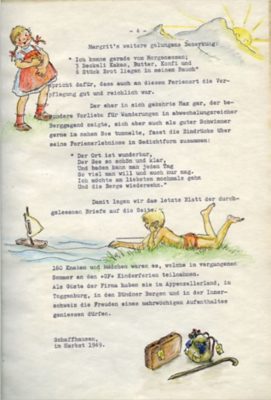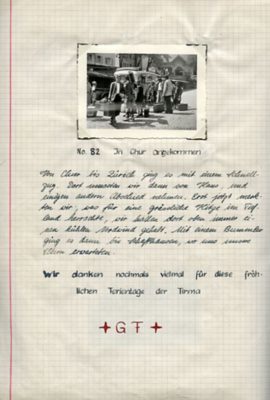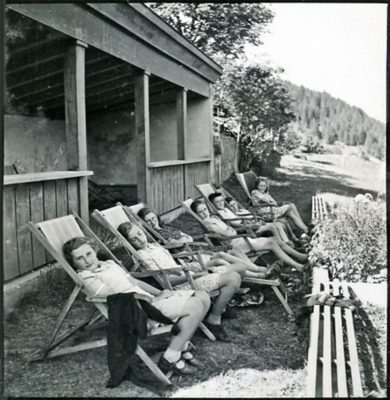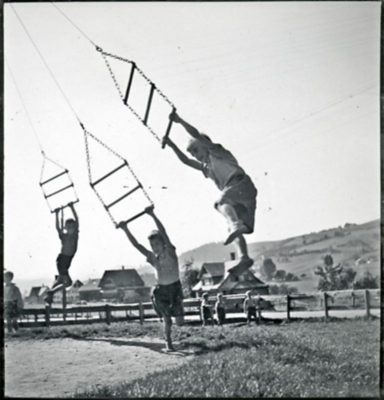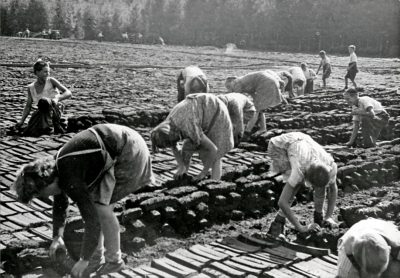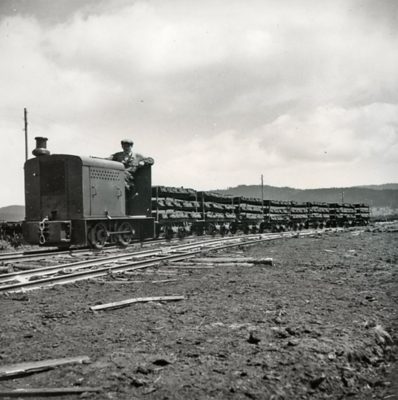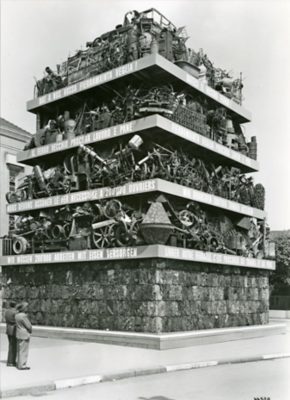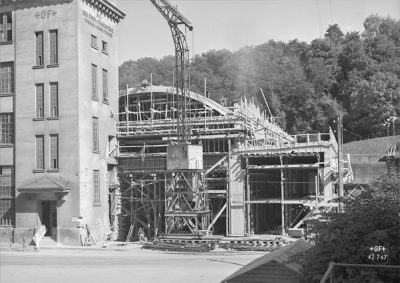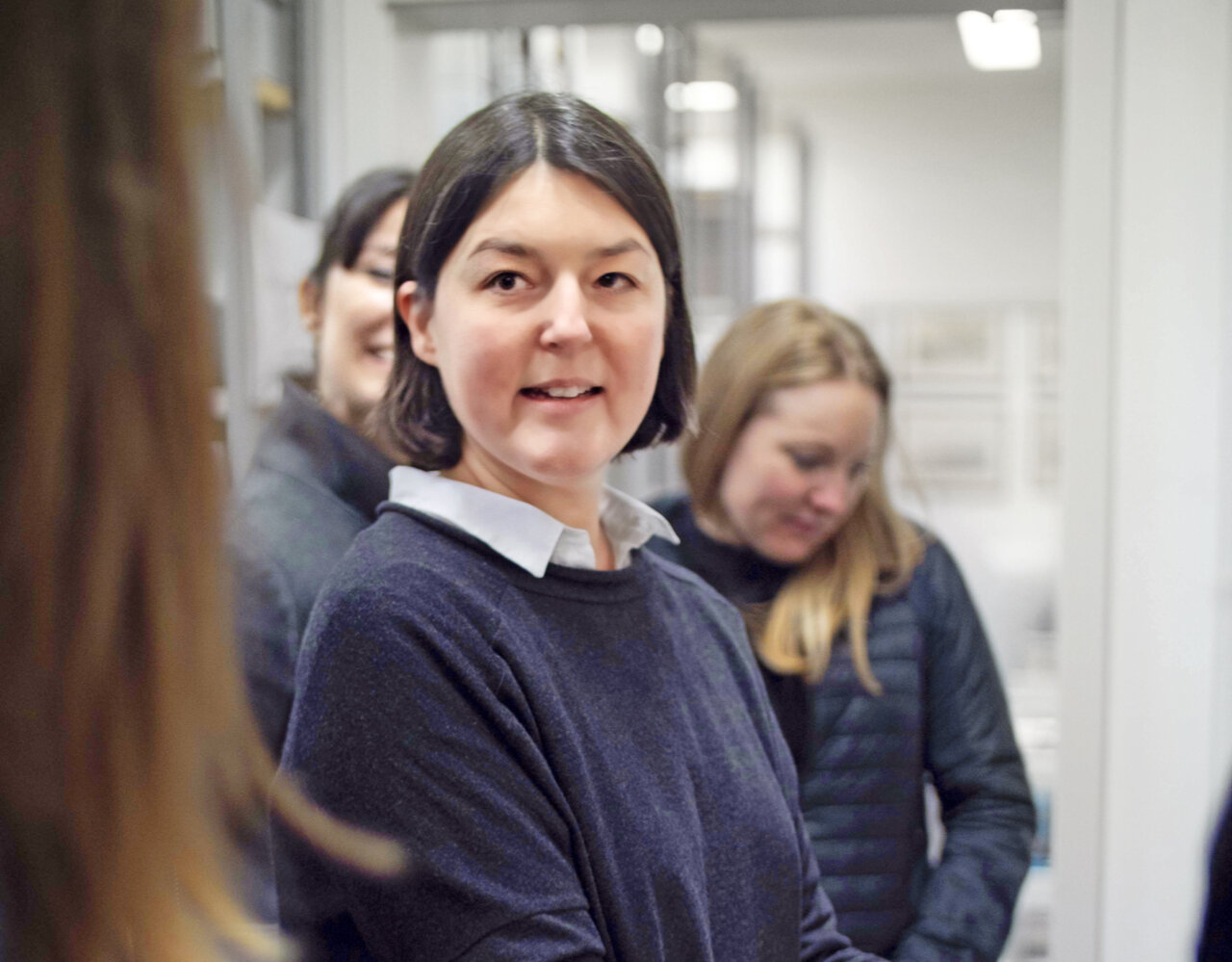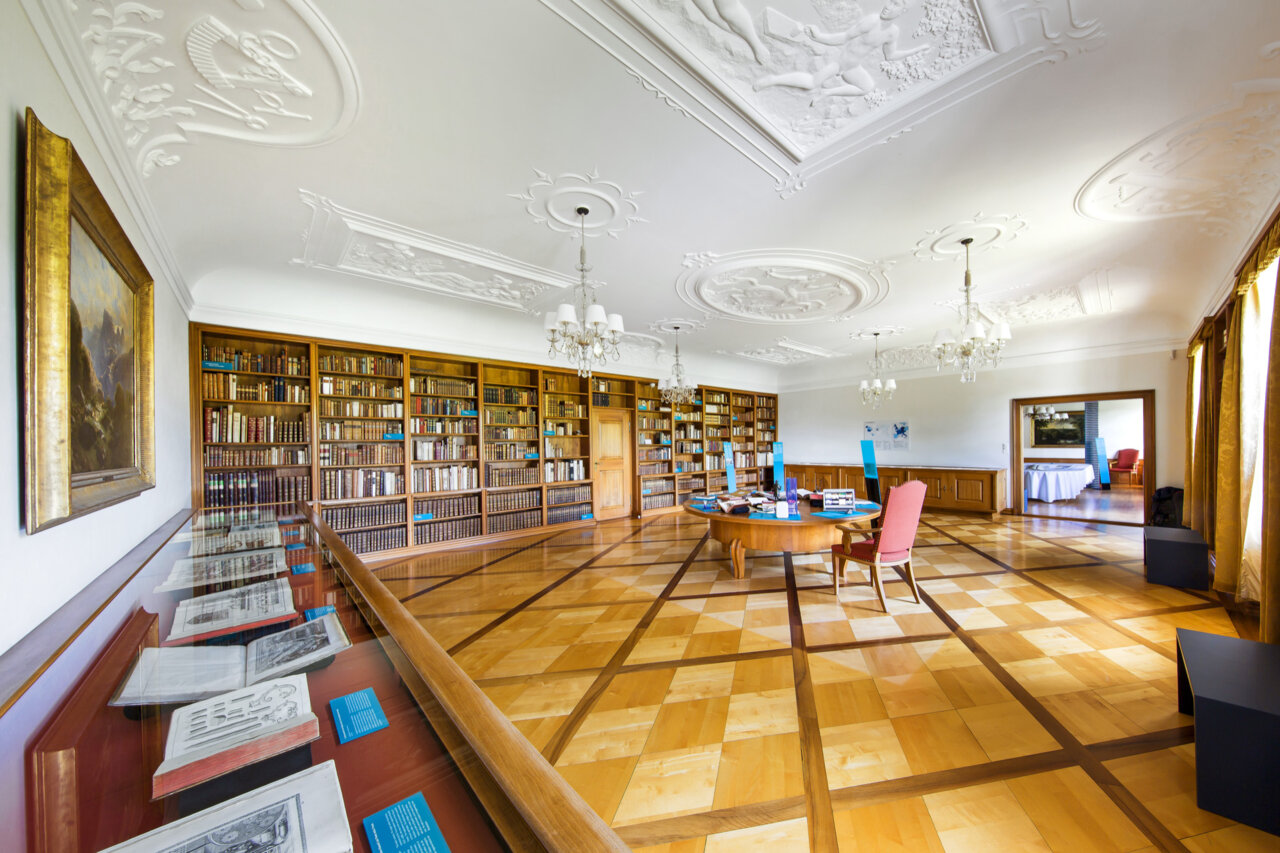Taking new paths, pulling together, and learning for the future in times of crisis: this is the attitude that GF has instilled over its more than 200-year existence. Immediately after the Second World War, the GF director at the time, Ernst Müller, instructed his employees to collect documents on how they had coped during the war years in a works archive – to record important findings for the future.
The current pandemic demonstrates how GF has learned from previous crises. When the coronavirus was first reported in China and protective equipment was quickly becoming scarce, GF delivered 40’000 masks to colleagues in China from its warehouse in Schaffhausen (Switzerland) at the beginning of February. This warehouse has been in operation since 2006. At that time, the H5N1 virus, known as “bird flu,” had the world on tenterhooks. GF set up a pandemic headquarters at Corporate level, which involved establishing a stockpile of protective equipment to ensure the company was prepared for future crises. This precautionary measure now helped Chinese employees to cover their shortage. Two months later, when the virus had spread around the world, these same employees showed their solidarity by supplying GF companies in Europe, Americas, and the rest of Asia with a total of 120’000 masks.
With solidarity and team spirit, GF has successfully endured many times of crisis in its long history. Globe presents four such times: the founding of the company during a period of instability at the beginning of the 19th century, the precarious situation after the First World War, the Great Depression of the early 1930s, and the period after the Second World War.
